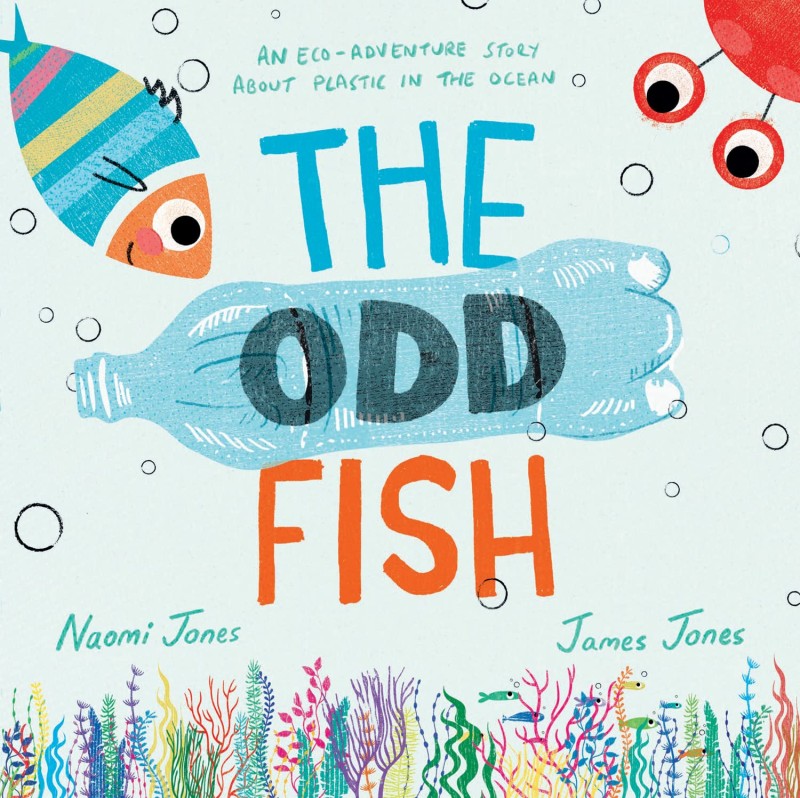Simple Tips to Prevent Ghost Fishing Waste

Ghost fishing waste is a silent killer, when lost fishing gear and lobster pots remain in the sea, and trap birds and marine creatures. While years ago fishing nets and lines were made from hemp, today most are made from tough plastic, that never breaks down.
Ghost fishing waste also sheds microplastics, ingested by fish, seabirds and marine creatures. And also end up in humans, if they eat fish.
Most ghost fishing waste is not deliberate (though there is some ‘ocean fly-tipping’). Mostly it’s when items fall off boats or even get detached (like buoys) in storms. Or sometimes items are ‘accidentally sliced’ from passing ships.
Around 10% of all ocean debris is ghost fishing waste. 140,000 (protected) marine mammals die each year in fishing gear. 83% of North Atlantic Right Whales show scars from entanglement.
Current Solutions and Prevention Efforts
The best solution is prevention. Only buy fish from brands that ensure smart fishing methods (like biodegradable nets and ‘escape panels’ to let trapped creatures swim free, if gear is lost). GPS trackers can now help fishermen recover what’s been lost. Global Ghost Gear Initiative is sharing solutions and helping to stop illegal dumping of fishing waste.
Where to Report Ghost Fishing Waste
Your local council has a legal duty to remove litter on public land, no matter who dropped it (and this includes water areas like seas and rivers). So for rivers packed with rubbish, it can serve litter abatement orders (for the landowner to remove it, or bill for removal).
- Report fishing nets and ghost fishing gear to Waterhaul (who can arrange collection nationwide, with participating volunteers).
- Tangled live creatures should be reported immediately to British Divers Marine Life Rescue (RSPCA and Coastguard can put you through). Don’t approach creatures yourself, you may scare them away.
- Report fly-tipping and dead animals to your local council.
Ideas to Help Prevent Ghost Fishing Waste
There are basic solutions like marking gear, and reporting lost equipment (for both divers and fishermen). There are also inventions:
- Ghost Fishing Solutions (this alerts when a line detached from a buoy, or sinks deeper than intended).
- Smelts (this uses lift-air technology to prevent creatures becoming trapped from pots and lines).
- Monomaster lets you store fishing gear, until you find a fishing line recycling station.
- Ask councils or businesses to sponsor Terracycle’s Sports Equipment Box (also accepts fishing rods and nets). Just send everything off, to recycle into other items.
Volunteer to Remove Ghost Fishing Waste
Also read our post on volunteer beach cleans.
Neptune’s Army of Rubbish Cleaners has nationwide volunteer drivers, who recover fishing waste to kitchen sinks (which they do find). If you don’t fancy jumping in the sea with weights attached, it welcomes dry-land volunteers to collect and sort rubbish, for recycling.
As well as often finding (released) live creatures abandoned in crab and lobster pots, it has found glass bottles, tin cans, spark plugs, umbrellas, golf balls and torch batteries.
Unique Boat Trips (‘fishing’ for plastic litter)

Plastic Fishing Boat Trips are available for you to get on board, if you would like to join Hubbub’s campaign for a litter-free England. These boat trips in London are on electric-powered boats (made from 99% recycled plastic), headed up by a certified skipper with safety and litter-picking equipment.
The trips take a few hours, and make a wonderful unique day out for small groups of people. So far their ‘passengers’ have collected over 8400 plastic bottles from London’s Docklands alone, and almost 1000kg of easy-to-recycle plastic, to stop it polluting local waterways in the city.
The plastic collected is made into Plaswood, which is made to make new boats! The organisation also distributes a free education kit for schools, on the importance of plastic-free rivers.
Nationwide, Fishing for Litter is a worldwide organisation (started in Norway) that works with fishermen, who collect litter while out on fishing expeditions. This is returned to shore and recycled at special bins.
Ocean-clean-up machines sound good, as they collect floating marine life, but could catch creatures too small to be filtered.
More hopeful are ‘seabins’ that suck up marine trash (but can be immediately emptied back in the ocean, so wildlife can escape). ‘Water wheels’ (placed at river ends to move at very slow pace( also let creatures/fish move away in time).






